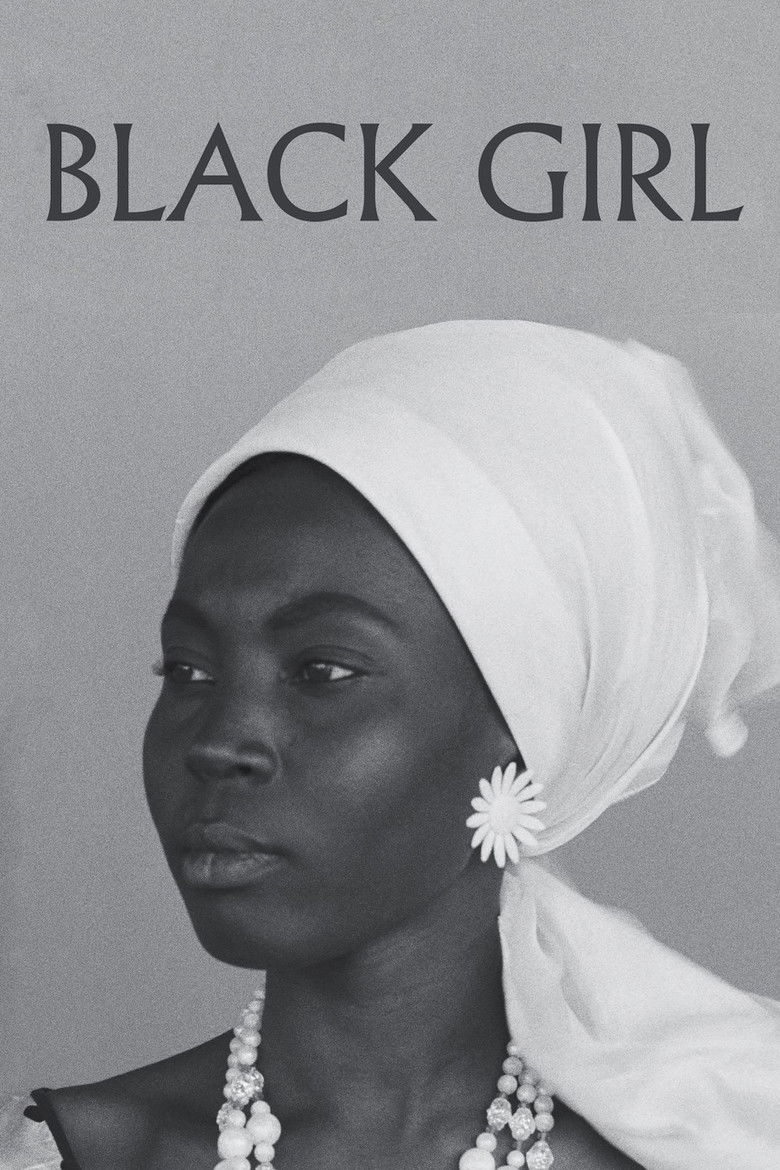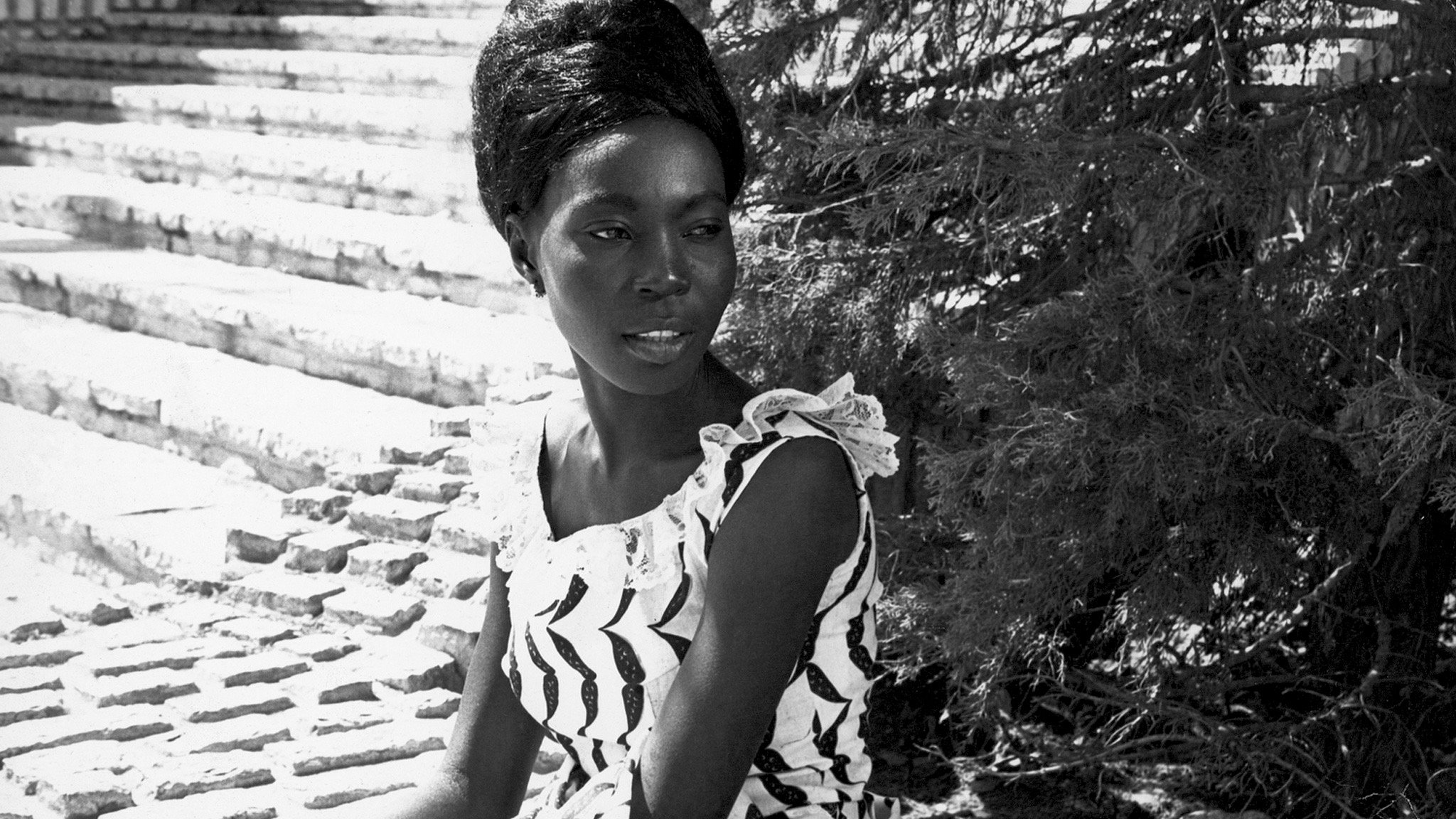
Black Girl
Eager to find a better life abroad, a Senegalese woman becomes a mere governess to a family in southern France, suffering from discrimination and marginalization.
CRCulver@CRCulver
In 1966, Senegalese author Ousmane Sembene was among the first Black Africans to shoot a feature film with La Noire de... ("Black Girl"). It deals with the plight of Diouana (Mbissine Thérèse Diop), a Senegalese girl who is hired on as a nanny by a French expat family in Dakar. Initially she is elated to have work, and moreover, work for the country's white elites. After the family returns to France and takes Diouana with her, she finds herself nearly a prisoner, as what should have been an ordinary job with some dignity to it becomes menial drudgery far beyond the initial agreement.
Though the plot is a straightforward drama, Sembene also lends the film a metaphoric dimension to confront the enduring legacy of colonialism in the newly independent Senegal, the desire of some Africans for revenge against their erstwhile colonial rulers, as well as political tensions within Africa's ostensibly representative democracies. These elements are, however, so subtle that many viewers without a knowledge of the immediate post-colonial era may miss them.
Yet with its 55-minute running time that awkwardly falls between a short and a typical feature, La Noire de... does feel slight. It is shot at a level of quality comparable to any French film of this era (some awkward jump cuts and bad dubbing aside), but it can be seen as a mere tech demo for the more ample, ambitious films that African directors would go on to make in subsequent years.
